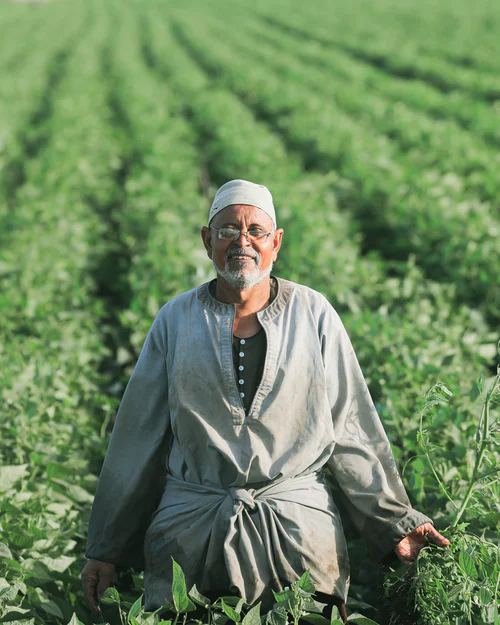The Indian agriculture industry is in need of a transition than ever before as it is being challenged by rising costs of supplies, sustainability of resources, low productivity, a shortage of labour, increased demand for food and changes in consumer preferences. However, as the investment in agriculture technology and innovation hiked in recent years, the sector has been adopting novel farming models like,
- indoor vertical farming
- automation and robotics
- livestock technology
- modern greenhouse practices
- precision agriculture and artificial intelligence and
- blockchain
These innovative farming practices are not only offering tremendous opportunities for the agriculture sector globally but also are sustainable. Within the last ten years, the agricultural sector saw a huge hike in investment, with $6.7 invested in the last 5 years and 1.9 billion in the last year alone.
Agriculture Technology in Farming
Novel farming models that integrate impeccable technology and smart farming practices have emerged as a captivating solution in the eyes of the public and investors around the world. These agricultural operations function far differently than those a few decades ago and use sophisticated technologies such as robots, drones, temperature and moisture sensors, and GPS technology. These advanced devices, precision agriculture and robotic systems have helped farmers across the globe to,
- increase crop yields
- decrease use of water, fertilisers and pesticides
- overcome the limited land area and labour shortage, and
- reduce the impact on the environment

Novel farming models also enable more reliable monitoring and management of natural resources and give farmers complete control over various stages of production such as processing, distribution, and storage.
What are the opportunities offered by Novel Farming Models?
Although the Indian economy is mainly dependent on agriculture, most Indian farmers still practise traditional farming methods. While many countries have adopted novel farming models in which agri-products are grown using 70% less water than conventional farms and other resources, Indian farmers still struggle due to unpredictable rain and improper irrigation. As the government attempts to reshape the Indian agricultural domain, novel farming models can create tremendous growth prospects within the sector.

While farming automation, which includes the use of drones, automatic tractors, automatic irrigation, robotic harvesters, and seeding robots, can make farming practices easy and less time consuming, precision agriculture can maximise yields, increase efficiency and manage costs. Farmers will be able to manage supply chain inefficiency and track demand for food products in the market using blockchain and monitor plant health, soil condition, temperature, humidity, etc., using digital technologies in farming like sensors, satellites, and unmanned aerial vehicles. As India moves into a future driven by modern farming models, each food product will meet international standards and attract global investments.
Transforming Agriculture with Novel Farming Models

Over the coming decades, novel farming models will revolutionise the efficiency of agriculture around the globe, tackling issues like rising domestic demand for agricultural products and environmental impacts. Technology and infrastructure in the future have the potential to create ideal conditions for the disruption of the growing agriculture industry in India. Thus with novel farming models, Indian farmers will be able to improve their relationship with global and local consumers, improve income and be the leading producers of agricultural goods.
Connect with Half Land, a one-stop technology-enabled solution for Indian farmers and consumers to sell and buy the best agro products.
